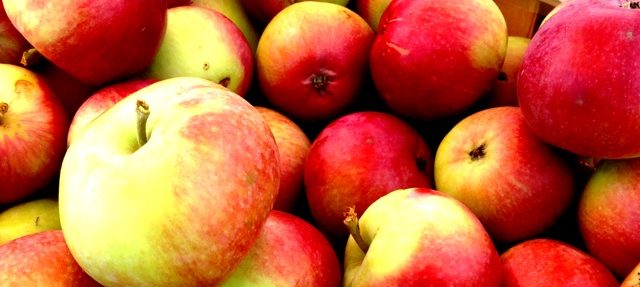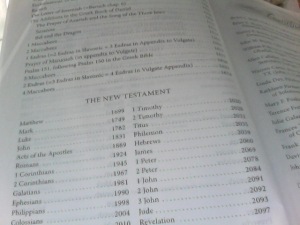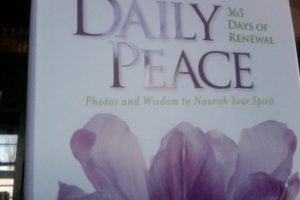There are a couple of places I called home for so brief a time that they left me with few distinct memories. One was in Norfolk, Virginia. I know it was on the military base, but I have no important stories about my time there.
It’s a curious thing, knowing I lived somewhere but remembering nothing of note about the experience. It was more a hallway leading from one place to another than a destination. If it left no impression on me, I’m sure I left no impression on anyone in that time and place.
Many of our most significant interactions aren’t remembered – how we were welcomed into the world, the mirroring of our parents, the first time we were sung to or read to. But after the first year or so, I associate important places and events with memory. There’s a connection, but memory isn’t the benchmark of all things that form me and everyone else.
As I think about all that I do not hold in active memory, I have found a new image for all I cannot remember and all I cannot relate: a house whose size and color are out of reach, but that kept me safe and loved for a brief time. I picture all that I’ve forgotten living happily in that house, a vital part of my life that is a mystery to my conscious mind. For all the love I do not recall, I am grateful; for the difficulties that escape me, I am grateful. For the certain truth that love is never a captive of recall, I am grateful.
I hope you have your own image, your own home for what has been forgotten. I hope whatever love resides there, you accept as yours. No memory required.
There is no remembrance of former things, nor will there be any remembrance of later things yet to be among those who come after. Ecclesiastes 1:11ESV
This is one in a series. See No Place Like Home (s) above…




